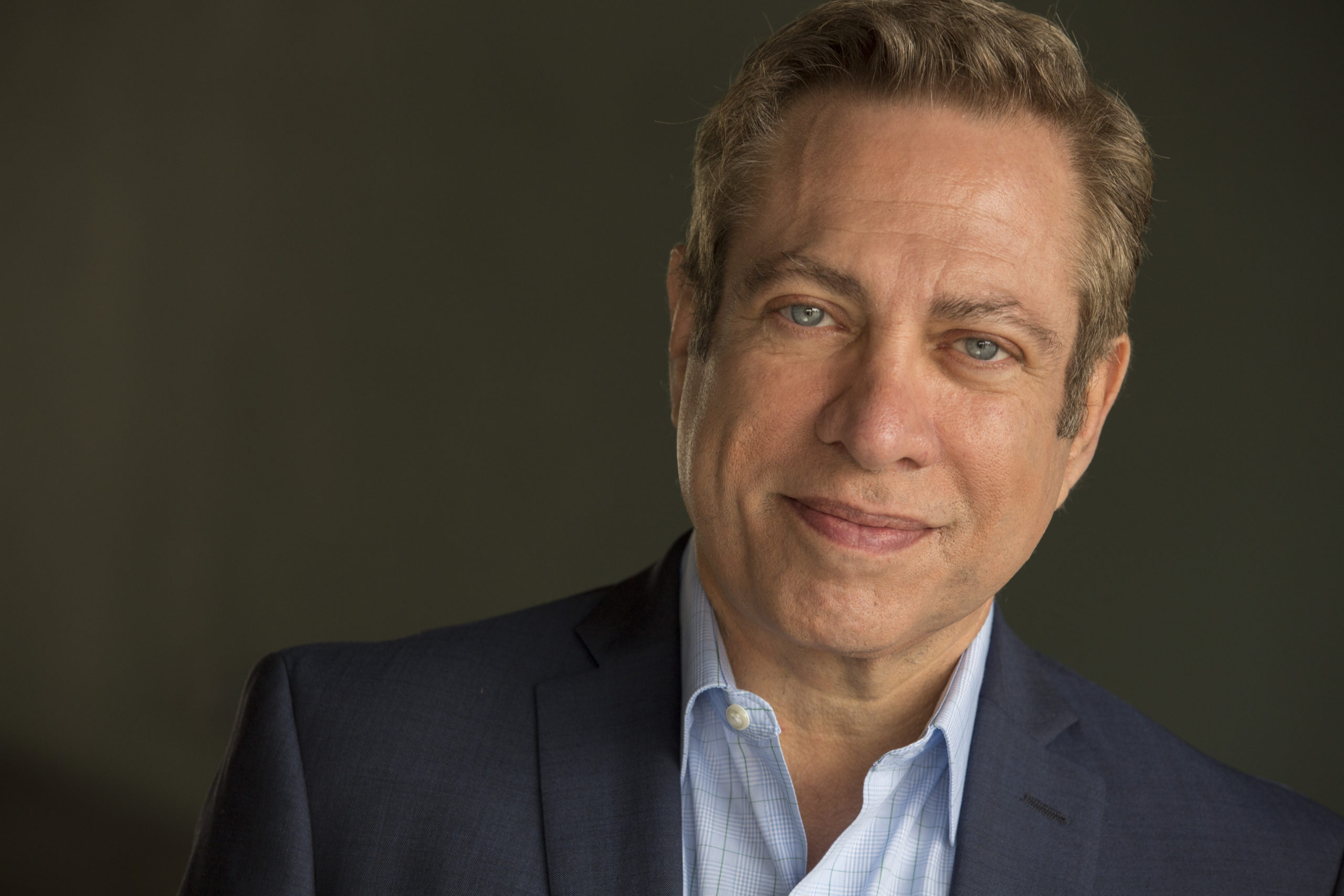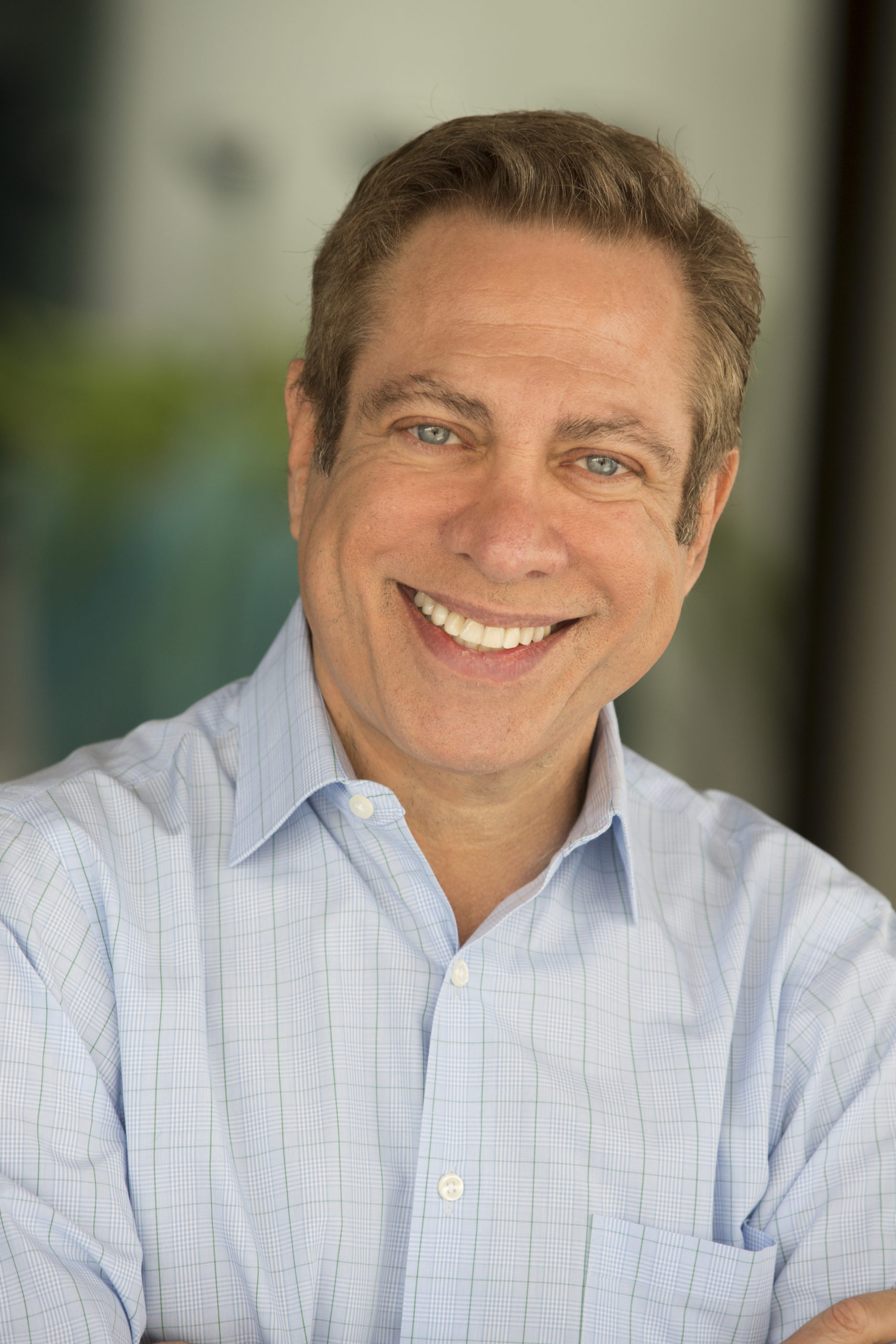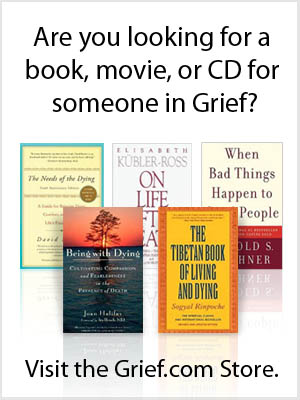LECTURE COORDINATOR INFO
Biographical Statements
Sample programs
Sample Lecture Clips
Click Here for Curriculum Vitae
Program Photo for Download
Instructions:
1.click on photo
2.right click and “save as”
Sample Lectures and Objectives
Finding Meaning
Even as a grief expert, David was unprepared for the sudden death of his son, who died at age 21. People asked him, “What’s it like for the grief expert to lose his son?” He would answer, “The grief expert did not lose his son, the father did.” Everything he knew about grief turned out to be true. David had to go through the five stages of grief but found himself left wanting more from the experience – he wanted to find meaning in his life after such a terrible loss. He learned that broken heart syndrome is real and he realized he would either die of it or live with it, and that healing occurs not when grief gets smaller, but when life gets bigger. This led to the discovery of the 6th stage of grief – finding meaning.
1. Implement meaning-making strategies to help clients cope with all types of loss.
2. Identify ways to use meaning to help clients remember with more love than pain.
3. Outline techniques for using meaning to help clients resolve the internal struggle of “why did this happen?” and “why did this happen to me?”
4. Recognize why children are often the forgotten grievers and how to help them through their grief.
5. Identify strategies that incorporate meaning mechanisms to help clients cope with complicated grieving.
6. Utilize strategies to help clients address guilt, shame and stigma associated with grief.
You Can Heal Your Heart: Finding peace after a breakup, divorce or death.
Based on his book with Louise Hay. When people think of loss, the idea of finding meaning or anything beneficial from it seems contradictory. But whether it is a breakup, divorce, or even death, there is more to be found, depending on how you hold your thoughts around it. You cannot stop the loss from occurring, but changing your thoughts can change everything that comes after the loss.Grief is a matter of the heart and soul. Grieve your loss, allow it in, and spend time with it. Suffering is the optional part. Remember that you come into this world in the middle of the movie, and you leave in the middle; and so do the people you love.
1. Pain is inevitable, but suffering is optional. Learn how to prevent suffering that often complicates the pain.
2. Learn techniques for changing negative relationship patterns
3. Learn how to heal complicated grief that often harms our future.
On Grief and Grieving: The Final Work with Elisabeth Kubler Ross
Shortly before her death in 2004, Elisabeth Kübler-Ross and David Kessler completed, On Grief and Grieving. David shares this journey of hope and humor that was a fitting completion to her work, one that brings her full circle.
1. How to recognize and address anticipatory grief
2. Identify the five stages of grief™️ and a possible sixth stage
3. Understand how society impacts loss.
Compassion fatigue: Prevention, Power and Passion
We all sometimes take our work home. We can also become our work. It isn’t burn out, we become tired of being compassionate all the time. This lecture will focus on making a difference, without it taking a toll.
1. Learn keys to recognize compassion fatigue
2. Identify tools used by rescue personnel that can help you in your daily work
3. Teach your spouse and family how to support you better in you work
Life Lessons: Is this really how I want to live my life?
Each one of us at some point ask that question. The tragedy is not that life is short, but that we often see only in hindsight what really matters. Many years of working with the dying have shown that certain lessons come up over and over again for healing and growth.
1. Identify a life lesson that the dying may face.
2. Reach a better understanding of the terrain that the health care profession may encounter in working with dying.
3. Identify milestones that the health care profession may see reflected in life lessons and how it may impact the health care professionals own personal and professional growth.
The Needs of the Dying
1. Identify common needs of the dying.
2. Describe ways to discuss end of life issues while allowing for miracles and hope.
3. Explain the differences and similarities in different health End of life care settings.
4. Identifying tools to help the dying patient’s children.
5. Learn tools to address the question of assisted suicide.
How physicians can help loved ones when patient is doing poorly?
1. Describe ways to discuss end of life issues while allowing for miracles and hope
2. Provide techniques for communicating bad news.
3. Identify common needs of the dying and ways to meet their needs in different health care settings.
Hope and Miracles in the Last Years of Life
1. Understand the phases of hope.
2. Define miracles and how to integrate them into your discussions.
3. Provide techniques of giving medical information without taking away hope.
Visions, Trips and Crowded Rooms: Who and What You See Before You Die.
1. Review current studies and thinking around deathbed visions.
2. Identify common characteristics of deathbed visions and normalize them for families.
3. Identify historical medical literature to help medical professionals and families understand them.
4. Learn how the law treats the words of the dying.
Children: The Forgotten Grievers
1. Describe three ways to help a child if a parent is dying.
2. Identify common myths children will believe in grief.
3. Provide techniques for telling children bad news.
4. Learn tools to prepare a child for a funeral.






